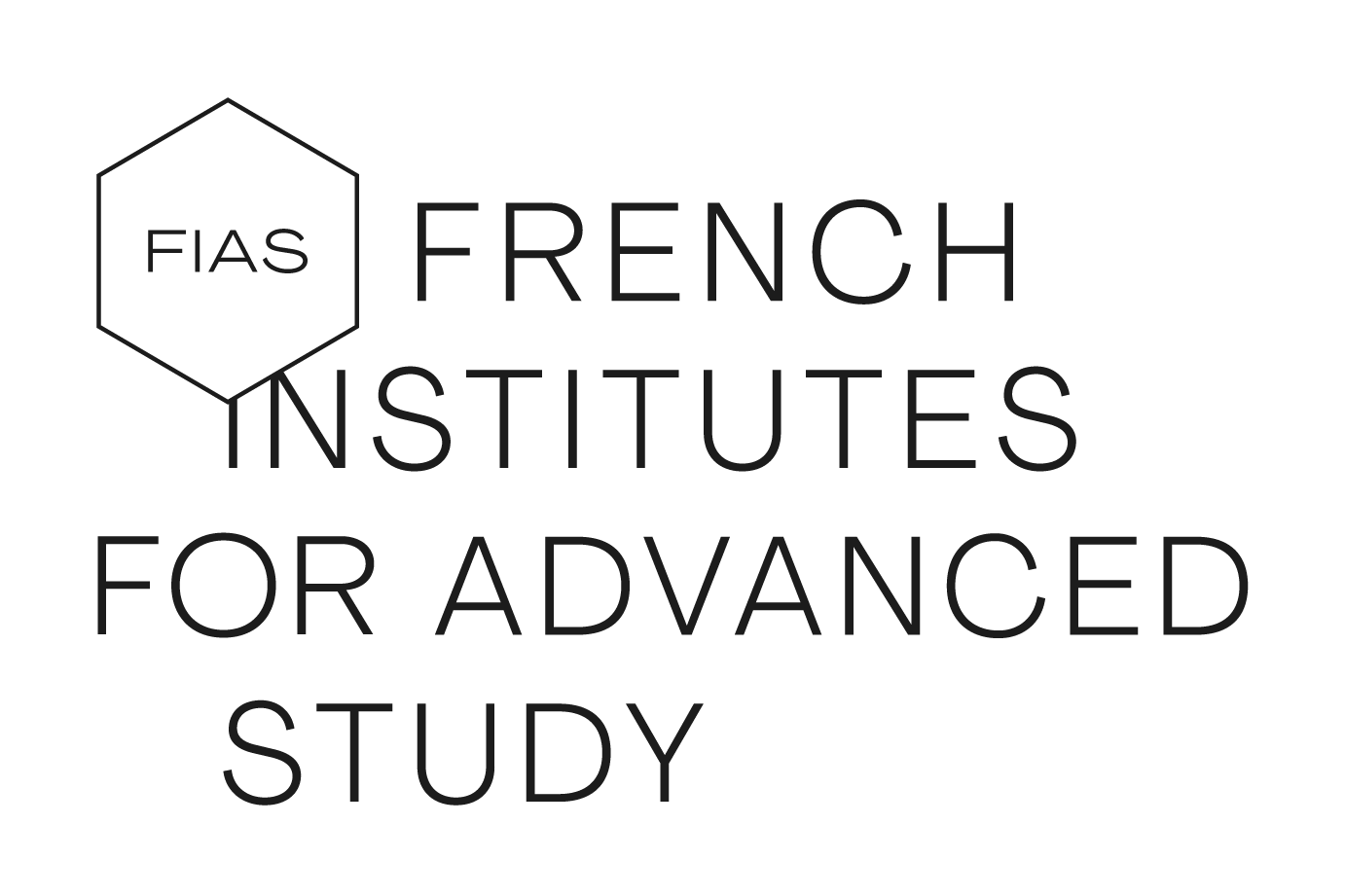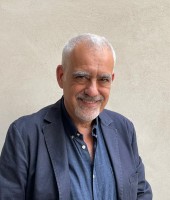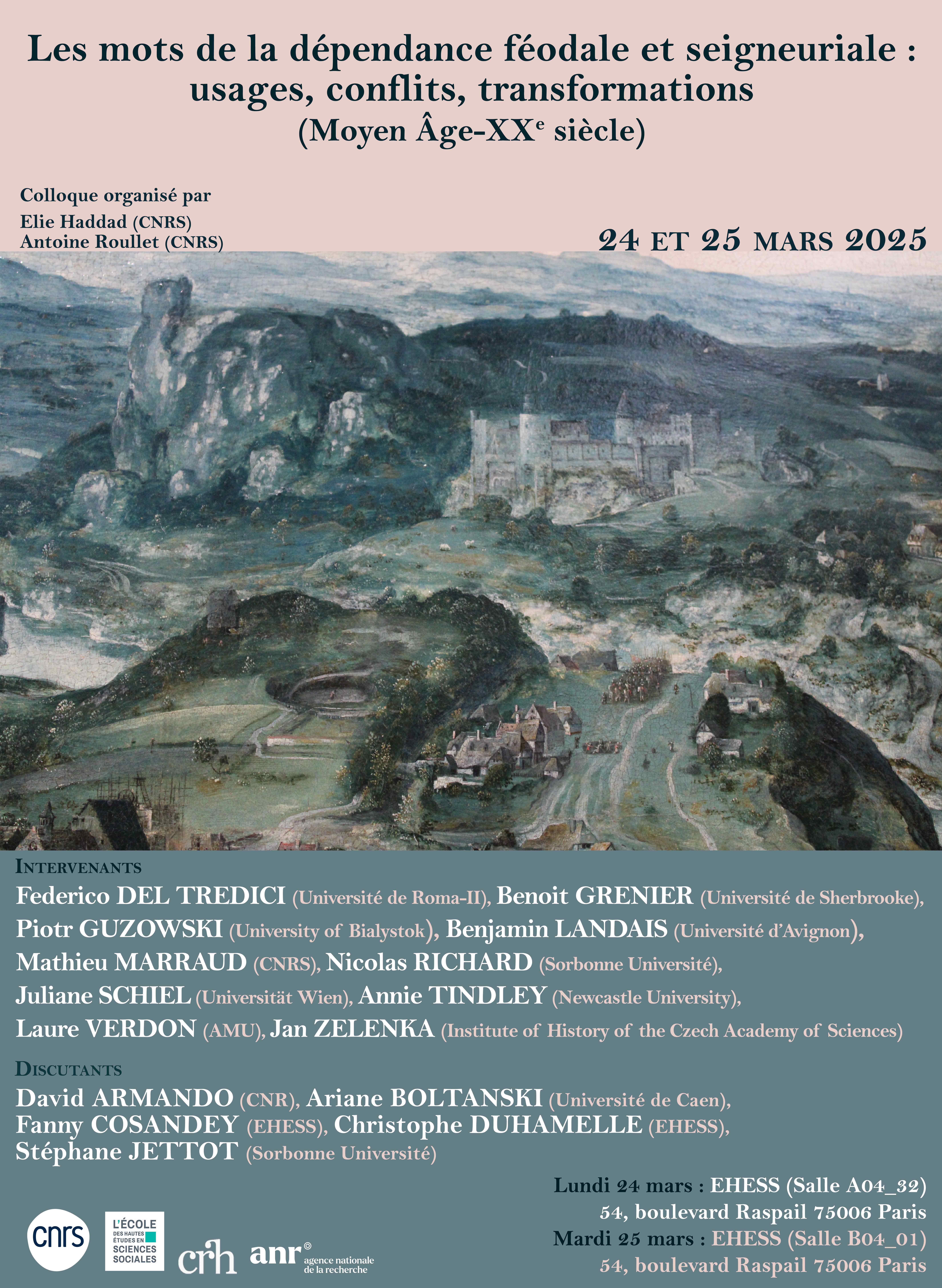David Armando
David Armando is a research director at the Institute for the History of Philosophy and Science in Modern Age of the National Research Council (ISPF-CNR), in Naples, Italy. He is also an associated member of the Institut d’Histoire Moderne et Contemporaine (IHMC-CNRS/ENS/Université Paris 1) and the Centre d’études en sciences sociales du religieux (CéSor-EHESS/CNRS), and is part of the board of the PhD program in History, Anthropology and Religions of the Sapienza University, in Rome. His research concerns the intertwining of cultural, religious, social and political history between the 18th century, the Age of Revolutions and the post-Napoleonic Restoration. He co-directs the Labex-Hastec project "Harmonia Universalis", dedicated to the history of animal magnetism, and heads the CNR unit in the Italian PRIN project "Censorship and Communication in Modern Age (XVI-XIX centuries)".
In September 2024, he joins the Paris IAS as part of the French Institutes for advanced Study fellowship program - FIAS - co-funded by the European Union’s Horizon 2020 research and innovation programme under the Marie Skłodowska-Curie grant agreement No 945408. His fellowship also benefits from the support of the RFIEA+ LABEX, with a national funding (Grant ANR-11-LABX-0027-01).

![]()

Research Interests
History of animal magnetism and hypnosis; History of the idea of the unconscious; History of the Catholic Church; Roman Inquisition; French Revolution; Feudalism in the modern age; Conspiracy theories
The origins of dynamic psychiatry? Mind, body and society in the history of mesmerism
Situated at the crossroads of social, cultural and political history and the history of science and medicine, mesmerism is a subject with strong interdisciplinary implications. Mesmer's doctrine and treatments, based on the circulation of a supposed universal fluid (‘animal magnetism’) and the reciprocal influence it produced between animate bodies, have been indicated by some scholars as a turning point towards modern psychodynamic systems, while others have assigned him a relevant place within the cultural origins of the French Revolution. This study, which is part of a collaborative research, aims to combine both approaches and to exploit new sources in order to provide an exhaustive reconstruction of the spread and evolution of mesmerism, both as a medical doctrine and therapy and as a social movement, as well as the reaction it provoked and its implications in France and abroad. Moreover, this apparently minor phenomenon and the controversies it generated will be taken as a lens through which to study the cultural, social and political transformations at the crucial turn of the eighteenth century, to address broader questions concerning the relationships between mind and body, reason and imagination, individual and society, therapist and patient, and to trace the genealogy of a number of contemporary issues, including the definition of the boundaries between science and pseudoscience, and the spread of transformation instances as well as irrational beliefs and conspiracy theories in moments of crisis.
Key publications
David Armando and Bruno Belhoste (eds), Le mesmérisme et la Révolution, special issue, Annales Historiques de la Révolution Française, 391, 2018, pp. 3-208.
David Armando, La repubblica in collegio. Gli scolopi a Roma tra Lumi e Rivoluzione, Napoli, ISPF-CNR, 2023.
David Armando, “A Case of Failed Syncretism? Animal Magnetism in the Kingdom of the Two Sicilies, between European Science, Magical Tradition and Catholic Reaction”, in F. P. De Ceglia (ed.), Souls of Naples. Corporeal Ghosts and Spiritual Bodies in Early Modern Naples, Rome, Viella, 2023, pp. 141-155.
|
Speech by David Armando (ISPF-CNR, Naples; Paris IAS) as part of the symposium organized by Elie Haddad (CNRS, CRH-RHISOP) and Antoine Roullet (CNRS, CRH-GEI) Discussion moderated by David Armando, 2024-2025 Paris IAS Fellow, as part of the "Mesmer et ses héritages. Un état des recherches” workshop organized by Labex-Hastec Colloque organisé par David Armando, chercheur en résidence à l'IEA en 2024-2025, et Agnès Désmazières, Césor-EHESS Talk by David Armando, 2024-2025 Paris IAS Fellow, organized with the Institut d’histoire moderne et contemporaine (IHMC) - UMR 8066 |
|
|
|
|




